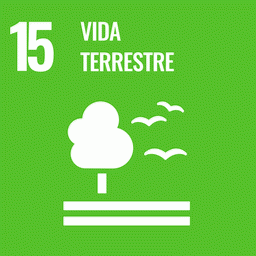Brazil faces an enormous challenge to implement its revised Forest Code. Despite big losses for the environment, the law introduces new mechanisms to facilitate compliance and foster payment for ecosystem services (PES). The most promising of these is a market for trading forest certificates (CRAs) that allows landowners to offset their restoration obligations by paying for maintaining native vegetation elsewhere. We analyzed the economic potential for the emerging CRA market in Brazil and its implications for PES programs. Results indicate a potential market for trading 4.2 Mha of CRAs with a gross value of US$ 9.2±2.4 billion, with main regional markets forming in the states of Mato Grosso and São Paulo. This would be the largest market for trading forests in the world. Overall, the potential supply of CRAs in Brazilian states exceeds demand, creating an opportunity for additional PES programs to use the CRA market.
This expanded market could provide not only monetary incentives to conserve native vegetation, but also environmental co-benefits by fostering PES programs focused on biodiversity, water conservation, and climate regulation. Effective implementation of the Forest Code will be vital to the success of this market and this hurdle brings uncertainty into the market. Long-term commitment, both within Brazil and abroad, will be essential to overcome the many challenges ahead.
